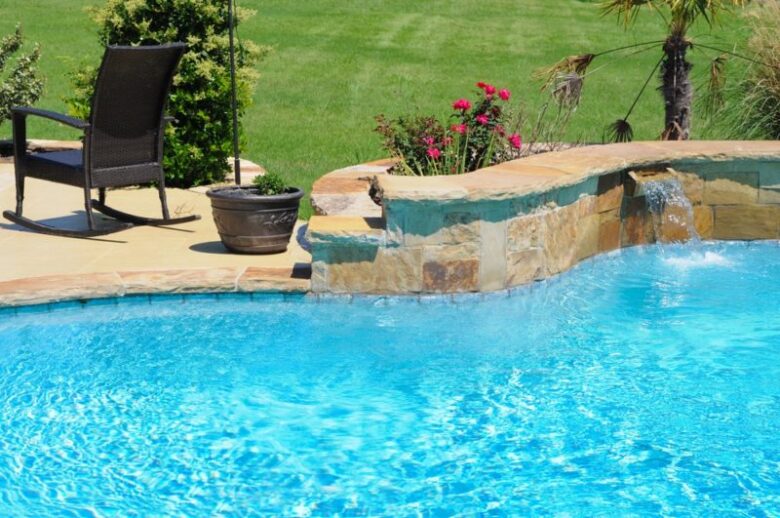There is much debate on whether saltwater pools are better than freshwater pools.
What we can certainly say, before going into any details, is that saltwater pools are gaining a lot of popularity. The saltwater counterparts have systems developed to give you the best time in your backyard, and they might be better than saltwater pools and their systems.
However, as with anything in life, there are pros and cons when it comes to both. So, that’s why we’ve decided to do a comparison between both and publish them in an article that will serve you as a guide for future references.
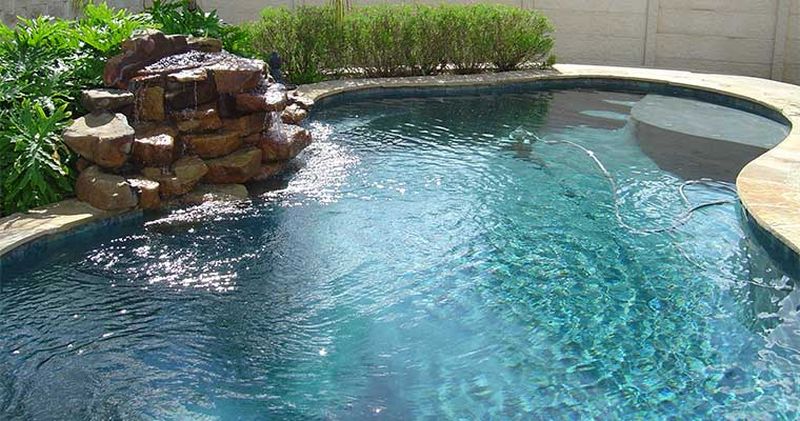
Without wasting too much of your time, here is the definitive, 2024 guide for choosing saltwater over freshwater pools.
The Similarities
Before we start bashing on anyone, let’s talk about the similarities that both have. For starters, both run of the same basic equipment that includes chlorine as a sanitizer for the water.
However, the major difference is the way chlorine is added to each one. In the case of freshwater swimming pools, chlorine is added through tablets and even chemicals. This does a good job of killing bacteria but is not really effective.
The saltwater counterparts use a device, called a chlorine generator, which effectively releases chlorine gas. This is a much effective way of eliminating bacteria.
The Differences
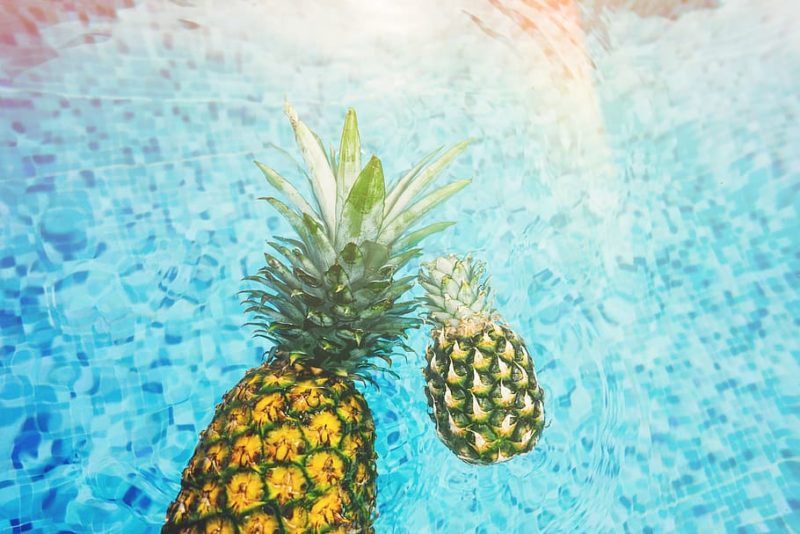
Okay, so we’ve included a major difference in a section where it states the familiarities; are we going to do the opposite now?
When it comes to the differences between both freshwater and saltwater pools, there is definitely more than one out there.
For starters, let’s explore the price of saltwater systems. Salt is relatively cheap compared to chlorine. Salt costs around 15 cents a pound, compared to $2 for chlorine.
Naturally, this means that a saltwater system will cost you less than a freshwater one.
1. Energy Consumption
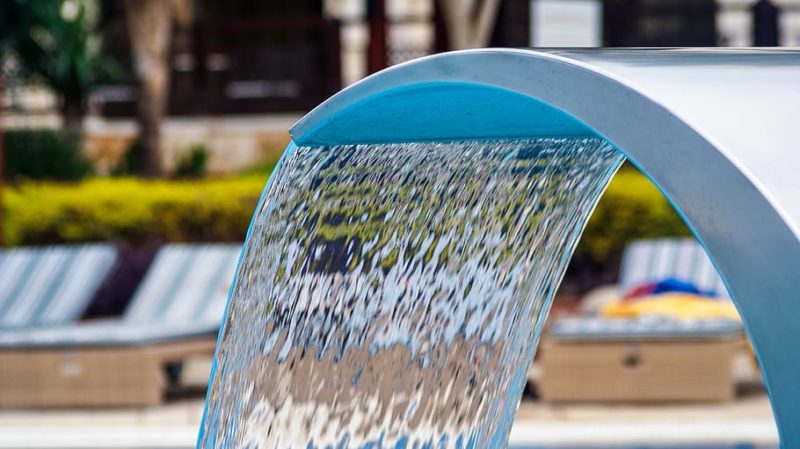
Another key difference is the energy needs of both. There have been a lot of examples where people with a saltwater pool would complain that the system needs to run for longer periods of time due to the chlorine being injected at a steady rate.
However, to simply put it, this is far from the case as there are ways to prevent it. For example, installing a variable energy-efficient speed pump can eliminate this problem since the system will regulate how much energy it uses to run the chlorine.
There are definitely other ways to lower energy consumption, but this seems to be the best way to do it.
2. Sanitation Performance
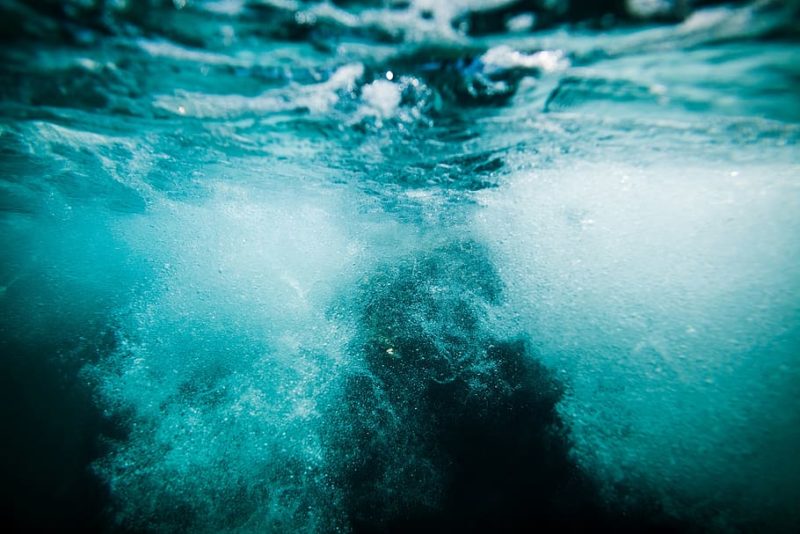
We briefly touched on this in the previous point, since sanitation performances are all about how chlorine is being added to both. For freshwater pools, chlorine is being added all at once.
This means that you have the best protection right from the get-go, and you’ll have to add it more than once since it dissipates after some time.
In the case of their saltwater counterparts, chlorine is being added at a constant flow. This means that you are safe from bacteria at all times due to the constant flow of chlorine, unlike the periodical flow with freshwater systems.
This all might be confusing to understand, hence why we suggest you learn more about how saltwater systems work and what benefits you get by using them.
3. Water Quality
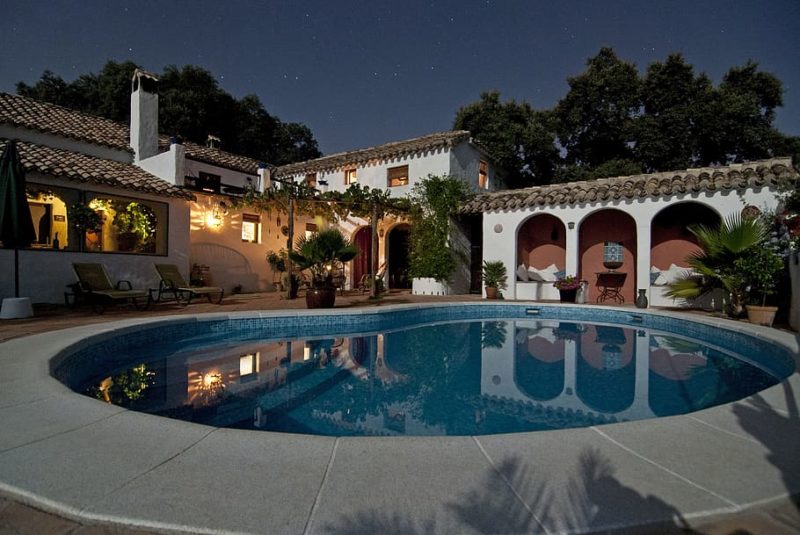
The first thing you’ll notice in the water quality is that both taste differently once some of it gets in your mouth. And while this is nothing drastic, most saltwater pools have about 3,200 parts of salt per million cubic feet of water.
To put things into perspective, that’s the same amount of salt as you would find in a teaspoon.
Another difference in water quality, that many people have said, is that both feel differently once you swim. Pools with saltwater feel smoother and less abrasive due to the salt acting as a type of softener. The parts of your body that most benefit from the salt are your eyes since chlorine can be quite abrasive.
4. Corrosion
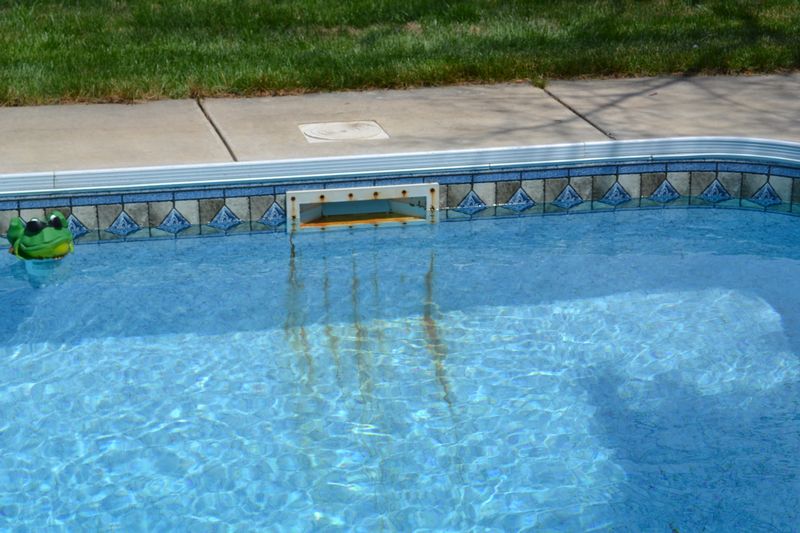
If there is one thing that we can give it as a negative to owning a saltwater pool is the fact that corrosion can be a big problem.
The issues stem from the fact that your equipment can get corrosive if not properly maintained. But not only that, it can cause problems to surrounding stone in a way that it might be difficult to clean after.
As a general rule of thumb to avoid corrosion is to replace the cells in your generator every five years, as they are quite prone to it.
With all that said, proper maintenance and proper selection for the best equipment puts you in a great spot to minimize the effects of corrosion.
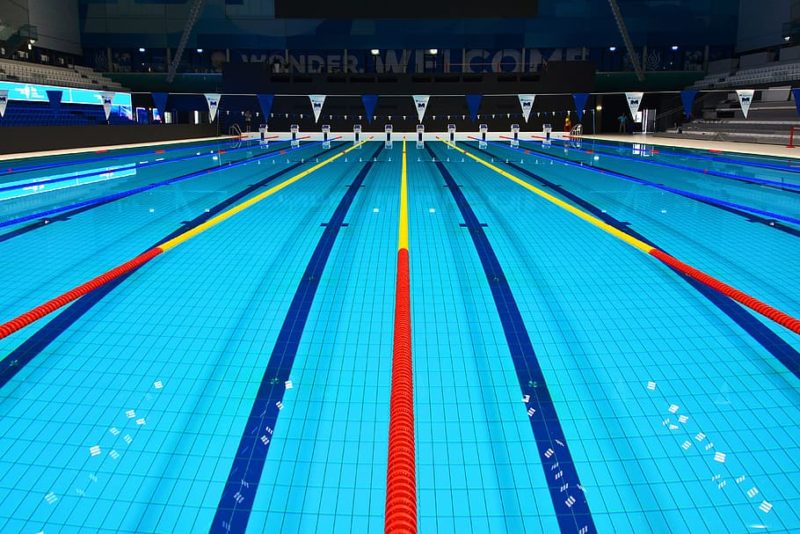
General Comparison
We’ve discussed the main differences between both, now let’s summarize everything and compare it to the price you’re paying.
For starters, it goes without saying that there are no initial equipment costs when it comes to using fresh water. Saltwater, on the other hand, the equipment can cost you as much as $2,000 for initial costs.
However, it goes without saying that our health should be most important, so you’ll end up paying $2,000 for softer, gentler, and much safer water for your eyes and skin. Freshwater pools can be quite abrasive and harsh on both your eyes and skin.
We also talked about water sanitation. To summarize, freshwater pools are safest once the initial batch of chlorine is added, but it dissipates after some time, while saltwater is safe throughout the process since chlorine is being added constantly.
Now let’s discuss something that we haven’t talked about before – sanitation costs.
Freshwater pools can cost a pretty penny; anything from, $400 to $800 annually. Saltwater pools, on the other hand, cost nothing in comparison and experts predict the sanitation costs on yearly bases to be no more than $5!
While you won’t be paying anything for sanitation, you will experience slightly higher costs in terms of equipment maintenance compared to freshwater equipment.


